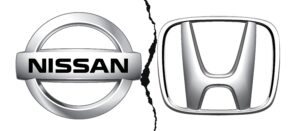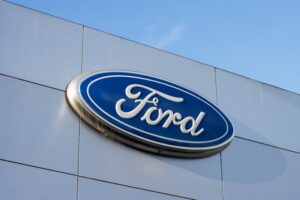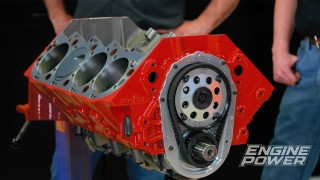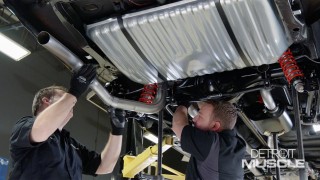Mitsubishi To Join Honda-Nissan Alliance to Transform the EV Landscape

In a significant move for the automotive industry, Mitsubishi Motors is reportedly in talks to join the existing alliance between Honda and Nissan, according to Nikkei Asia. This strategic partnership, which was formed earlier this year, aims to bolster the development and production of electric vehicles (EVs) and automotive software, with the goal of catching up to industry leaders like Tesla and BYD.
Table of Contents
Strengthening the Alliance
The alliance between Honda and Nissan was initially established through a memorandum of understanding signed earlier this year. The focus of this partnership has been on pooling resources to accelerate the electrification of their vehicle lineups and standardizing in-vehicle software platforms. The addition of Mitsubishi, which is 34 percent owned by Nissan, could significantly enhance the alliance’s capabilities and market reach.
Collaborative Efforts in EV Development
Mitsubishi’s inclusion in the Honda-Nissan alliance comes at a crucial time as the global automotive industry shifts towards electric mobility. The collaboration is expected to leverage each company’s strengths. For instance, Mitsubishi’s expertise in hybrid technology and its strong presence in the Japanese market could complement Honda and Nissan’s efforts in EV innovation, providing a more diverse range of electric and hybrid vehicles to meet varying consumer demands and regulatory requirements.
Mitsubishi Meeting the Challenge of Industry Leaders
One of the primary goals of this expanded alliance is to compete more effectively with established EV manufacturers like Tesla and rapidly growing Chinese companies such as BYD and Geely. These companies have already invested heavily in research and development, as well as in scaling up their EV production capabilities. By joining forces and sharing their resources, Honda, Nissan, and Mitsubishi aim to close the gap and establish themselves as significant players in the competitive EV market.
The collaboration will likely involve joint ventures in developing advanced battery technologies, enhancing charging infrastructure, and streamlining production processes to reduce costs. Furthermore, the alliance plans to prioritize the creation of a unified platform for autonomous driving technologies and connected car services.
By pooling their expertise in these areas, the three companies can accelerate innovation and offer more competitive and technologically advanced products. This strategic move is essential not only for keeping pace with industry leaders but also for setting new standards in the global EV market.
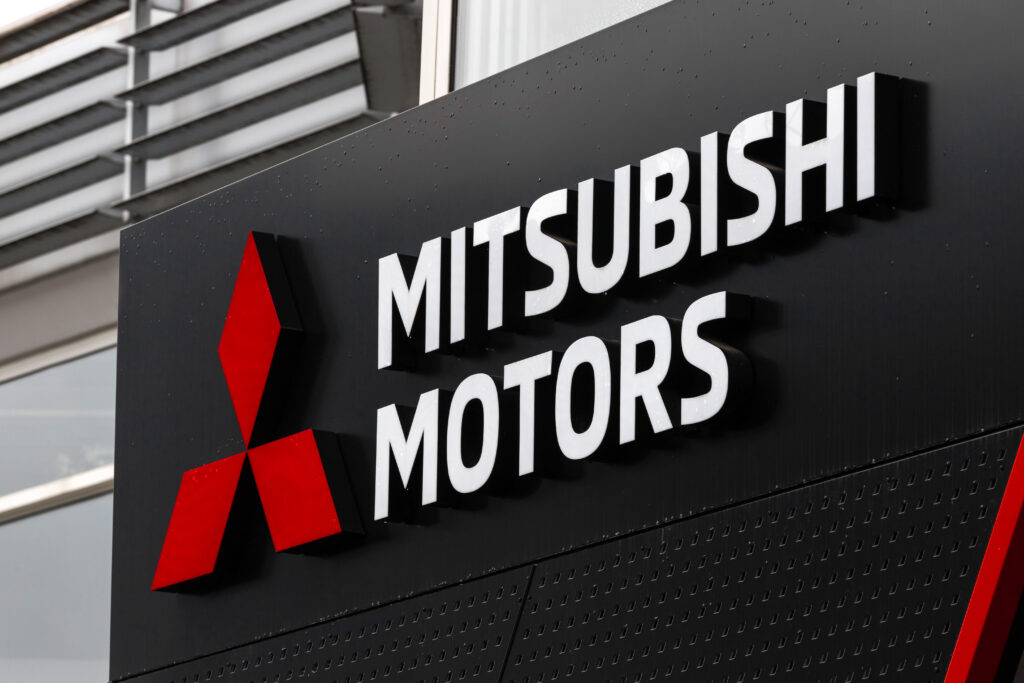
Future Prospects and Market Impact
The potential for new model development is another exciting aspect of this partnership. By sharing technologies and platforms, the three automakers can introduce new vehicles that address gaps in their respective lineups. Mitsubishi’s strong lineup of plug-in hybrids and pickup trucks, particularly in Japan, could provide new opportunities for Honda and Nissan to diversify their offerings.
Additionally, the standardization of in-vehicle software across the three brands is expected to streamline production and enhance the customer experience. This unified approach could lead to more efficient development processes and potentially lower costs for consumers.
A Major Shift in the Japanese Automotive Landscape
If Mitsubishi joins the Honda-Nissan alliance, the combined sales volume of these three brands could exceed 8 million units globally, based on figures from the fiscal year ending in March 2024. This would create a formidable competitor to Toyota, which, along with its affiliates like Subaru, Mazda, Suzuki, Daihatsu, and Hino Motors, dominates the Japanese market with a combined sales volume of 16 million units.
The entry of Mitsubishi into this alliance signifies a major shift in the Japanese automotive landscape, potentially leading to two powerful conglomerates that drive innovation and competition in the industry.
In summary, Mitsubishi’s talks to join the Honda-Nissan alliance represent a strategic move towards strengthening the collective efforts of these Japanese automakers in the rapidly evolving EV market. By combining their expertise and resources, they aim to not only compete with industry leaders but also shape the future of electric mobility.
Want to read more articles like this?
Join the PowerNation Email NewsletterRead More from PowerNation
- Chapters
- descriptions off, selected
- captions off, selected
This is a modal window.
